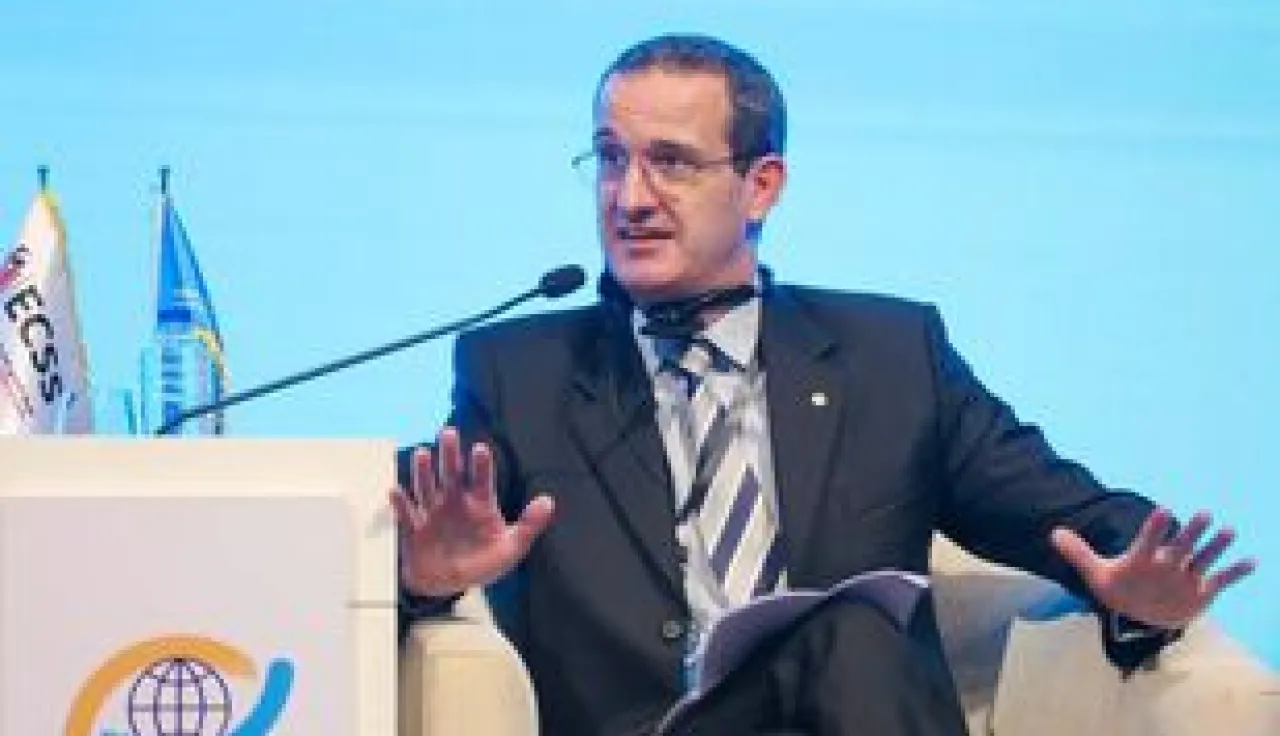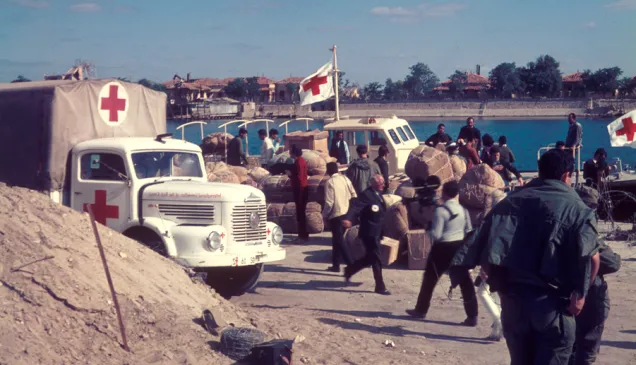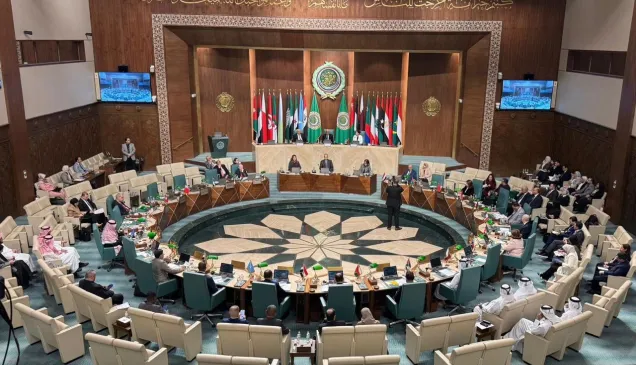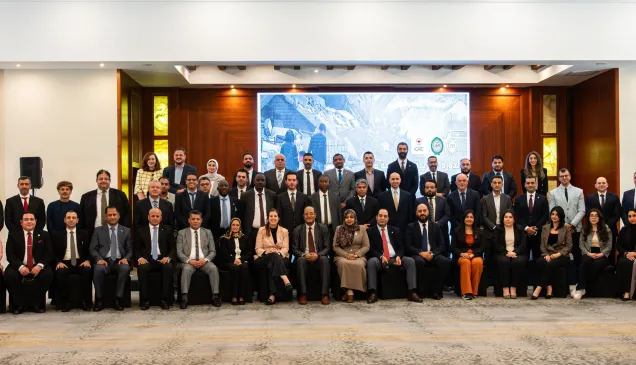Egypt: beating the coronavirus and fair distribution of the vaccine

Keynote speech by Jerome Fontana, head of the ICRC Cairo Delegation at the ‘Human Rights: Building the Post Pandemic World’ conference in Cairo
Excellences,
Ladies and gentlemen,
We are now in the second year of the Covid-19 pandemic that continues to rage around the world without discrimination. The impact of Covid-19 on communities, mobility, and the economies, is still being felt and I am afraid that we might be facing a tougher second year given how the virus is spreading as more infectious variants circulate.
We have all grappled with the pandemic in one way or another. Some people have lost family members, while others have lost jobs or struggled with mental health issues. Hardly any of us have not been touched by it. But we have not all been affected equally. For people living in war zones, the Covid-19 pandemic has come as a fresh and terrifying threat, exacerbating an already dire situation.
Faced with immediate threats to life, such as gunfire, shelling, bombings, and a lack of life-saving healthcare, it is a real challenge to prioritize actions that could prevent the spread of Covid-19. Preventive measures, such as social distancing and hand-washing, are a luxury in some situations such as displacement camps.
If I take Syria and Yemen as an example, years of conflict in both countries have left people exhausted and cruelly exposed to the threat of diseases like Covid-19. The weakened healthcare systems in these countries are struggling to cope with yet another terrifying reality. Covid-19 has overwhelmed even some of the most advanced healthcare systems in the world, let alone hospitals in war zones. Half a decade of war in Yemen has left less than half of the healthcare facilities in the country working. Similarly, in Syria, half of all healthcare facilities are out of service or partially functioning across the country.
In response to this unprecedented situation, the International Committee of the Red Cross has carried out a major reorientation of its assistance activities, adapting its existing work to the new reality. In Syria, the ICRC’s largest operation globally, the ICRC has distributed hygiene kits to internally displaced communities and helped prisoners with anti-infection measures. In Yemen, together with its Movement partners, the ICRC has set up a free Covid-19 treatment center in the city of Aden.
Obviously, Egypt is different. Egypt is unique. No country compares to it. Allow me to quote here an amateur Egyptian poet called Mohamed Skati who wrote in 2013, “There is nothing like you among nations in greatness, strength, and sublime. You are always our beloved mother. You are always great Egypt.”
Leading a country of more than 100 million inhabitants does not come without challenges, yet the Egyptian authorities have demonstrated a strong capacity to confront the Covid-19 pandemic with resolve and determination. The ICRC is grateful to have contributed to this response whenever needed in providing large quantities of protective gear and other equipment to the national healthcare system and the Egyptian Red Crescent. A new phase has now started with the roll-out of the Covid-19 vaccines which we will be glad to support as well so that all Egyptians wherever they live and whatever their means can get vaccinated.
As we can see, the pandemic and its consequences around the world are far from over. Long-term development challenges, poverty, wars and violence, and the increasing effect of climate change have been exacerbated by the direct and indirect impacts of Covid-19.
And here, it’s very important to point out that controlling this virus will only be possible if everyone is included in vaccination efforts. Covid-19’s spread shows that no one is protected until everyone is protected and therefore equitable access is key to ending this pandemic.
We are calling on states to commit to equitable access now by supporting global vaccine efforts and preparing their own national plans for distribution, targeting the most at-risk groups first.
Covid-19 is a global crisis that requires a global response and solidarity across borders. And as vaccines bring hope to ending this pandemic, the spirit of global solidarity must prevail: no one should be left behind.
If there is not a collective effort to ensure that all populations including the most vulnerable have equitable access to the vaccines, then we run the risk of failing in the face of the pandemic because no one will be safe until everyone is safe.
Thank you



